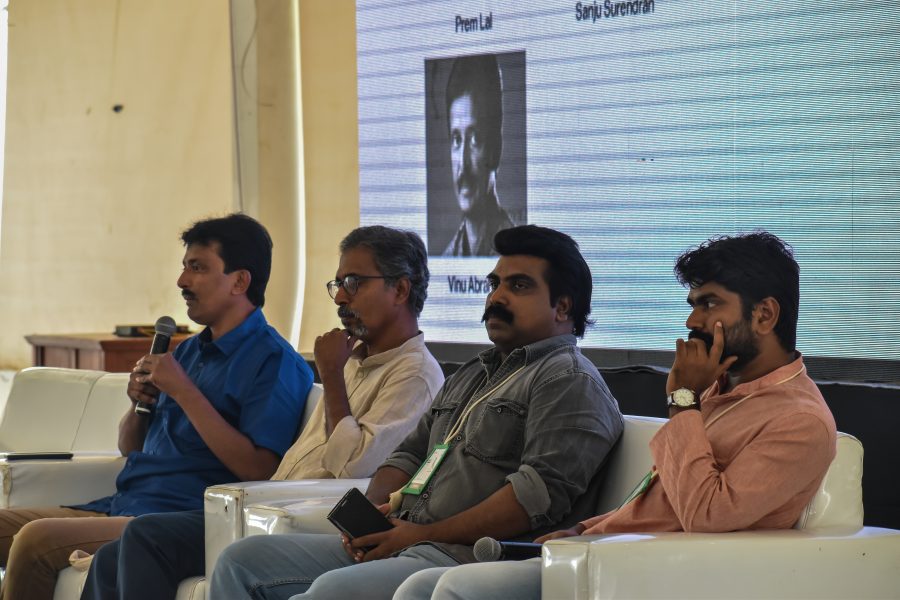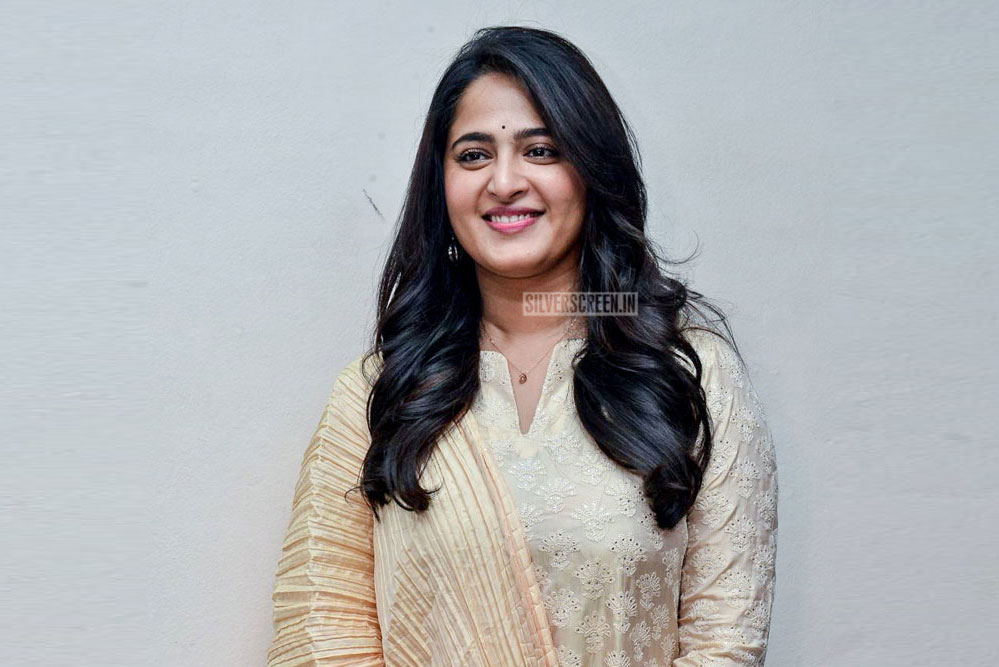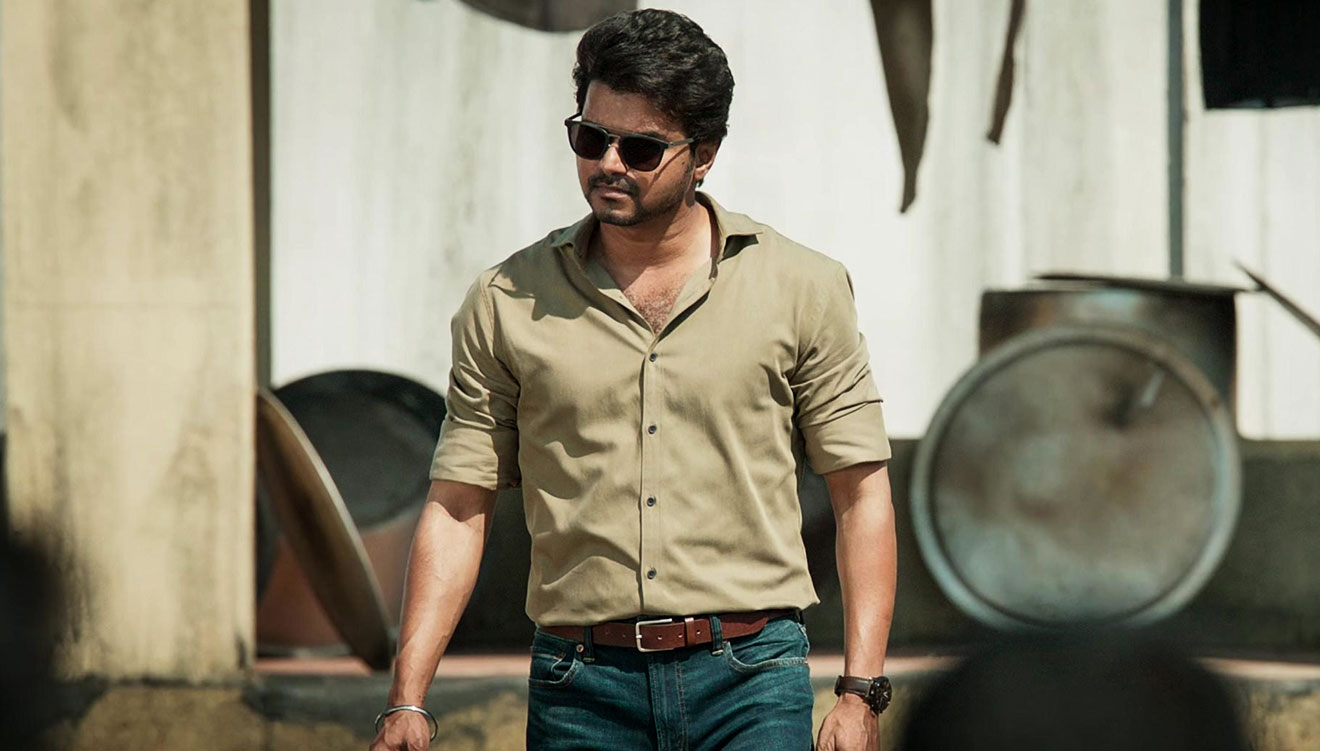Auteur Shyam Benegal once said that he had watched several movies, but nothing quite like the Malayalam movie Cheryachante Kroorakrithyangal by John Abraham. All movies can be categorised, but this was pure cinema, he said.
The Malayalam industry has produced greats such as the nomadic John Abraham and poetic Padmarajan among a multitude of master creators who did things out of the ordinary. With time, things changed. Films were no longer a niche medium, and all kinds of movies got made. That was when a new wave began in Malayalam cinema, and it went by the name of “New Generation Cinema”. Young, aspiring filmmakers came forward to make films that defied existing norms. Luckily, after all these years, this breed of filmmakers continues to crop up every few years.
To find out what the future holds for this niche category of filmmakers, a panel discussion focused on this topic at the ongoing four-day Krithi International Literary Festival, being held in Kochi. It concludes on March 10.
Talented, offbeat filmmakers and screenwriters such as Vinu Abraham, PF Mathews, Prem Lal and Sanju Surendran discussed the possible genesis of this genre of cinema, and what it really is about.
The words of Malayalam screenwriter, director and critic John Paul in this regard still hold good. His thoughts were reprised by Sanju Surendran, the moderator: “There might be a dominant section of filmmakers who come under the light of New Generation, but two heavyweights of Malayalam cinema, Adoor Gopalakrishnan {also a guest at the Festival} and M.T Vasudevan Nair, were the stalwarts, who did away with the conventions of Malayalam cinema.”
The session
Krithi International Literary Festival provides a platform for thinkers, speakers and art enthusiasts to explore Art in all its forms, by the coastal city. There is a dedicated section just for theatre and cinema, to discuss the possibilities and philosophies of the visual medium.
The first session was “Puthiyakala Malayalam Cinema”, which literally translates to New Generation Malayalam cinema. Novelist, scriptwriter and mediaperson Vinu Abraham spoke about the history of Malayalam cinema as it evolved. He touched upon the time when filmmakers such as Padmarajan, Bharathan and Lohithadas entered the industry, the revolution in storytelling that followed, and the kind of movies that ended up being made – poetic, both visually and thematically. He said, “These films were highly influential when they released, and are eternal classics.”
He continued: “In the previous generation, only 60 films released a year. Now, the number has gone up to nearly 200. Digital technology has allowed everyone to make movies, but many are not doing well. Producers are willing to spend on movies made by youngsters, because youthful stories are believed to do well, but they do not realise that good content has nothing to do with age. This must be looked into.”
Recommended
PF Mathews and Premlal, who won accolades for their movies Kutti Srank (Screenplay) and Aathmakatha, respectively, mentioned the problems being faced by this genre of filmmakers. Premlal, who started off as an ad filmmaker, described the technical challenges. “I have worked with some great cinematographers, including Ekambaram, and we sat down before the shoot and finalised the possibility of combining shots within the given 30 seconds, and we knew how to work within a timeframe, but digital cameras don’t throw up challenges that might force filmmakers to think out-of-the-box.” He rued that the term New Generation was now used randomly for any film that comes out. “Armchair critics who hand out opinions on films are the biggest curse we face,” he said.
PF Mathew felt the change in the audience has clearly affected cinema. “Some people register and attend international film festivals but avoid buying a ticket to watch a local language film in the theatre. By going to film festivals, they claim to be cinephiles, but, in reality, they do not contribute to the development of Malayalam cinema.”
Concluding, National Award-winning director Sanju Surendran appealed for the development of Malayalam cinema. “The world over, movements in cinema, such as New German Cinema, have always led to development. The New Generation wave in Malayalam movies has to work for the growth of this medium. We can’t allow commercial elements and stardom to take over,” he added.
Image courtesy: Varun Gopalakrishnan



